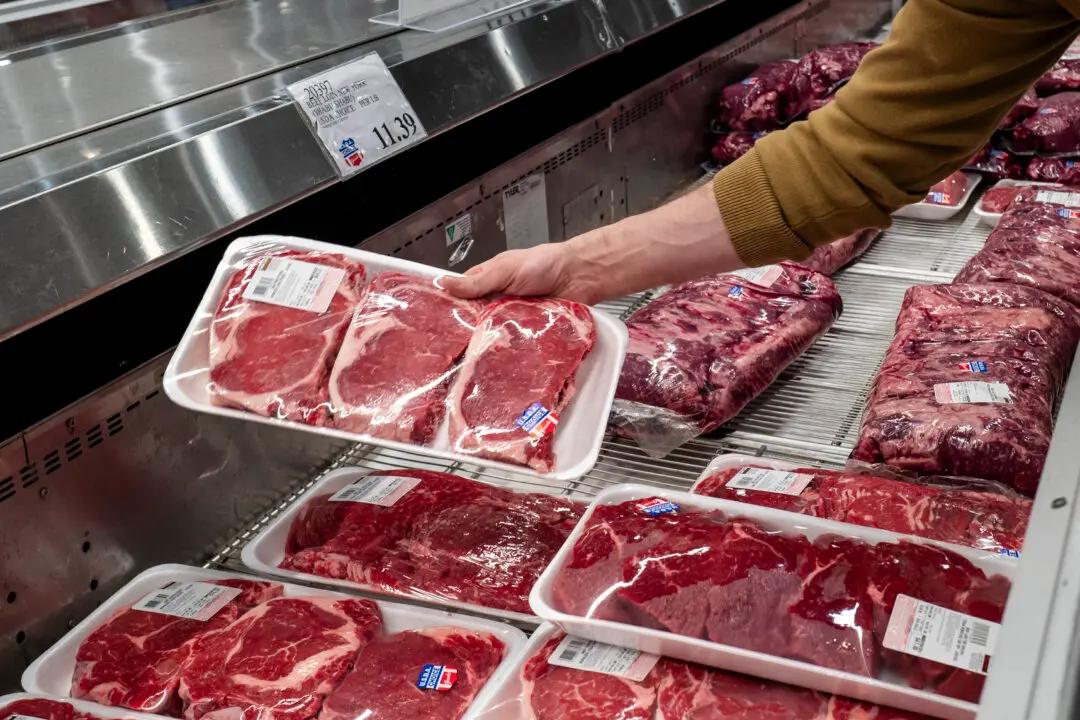The Republican National Committee outraised the Democratic National Committee in May, according to federal records.
Monthly disclosures filed June 20 with the Federal Election Commission showed that both the GOP’s central party committees and its congressional committees outperformed their Democratic Party counterparts last month.





